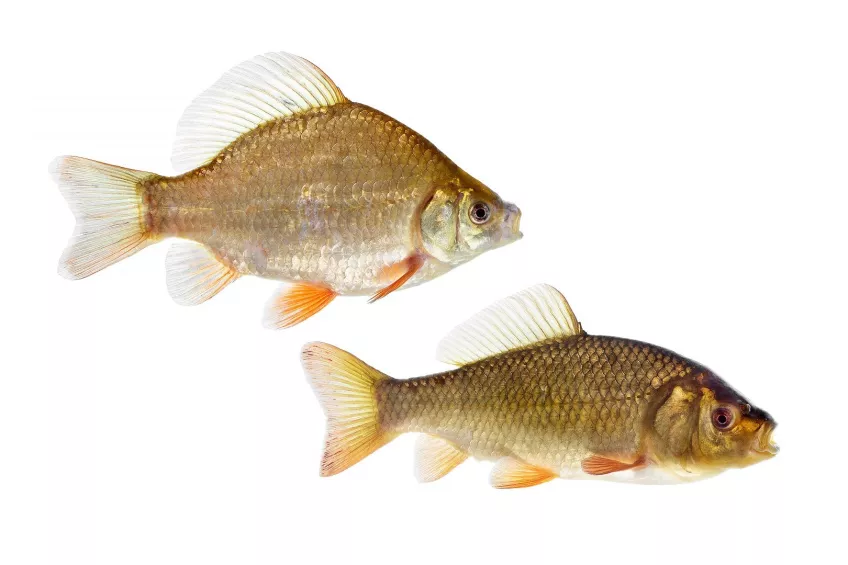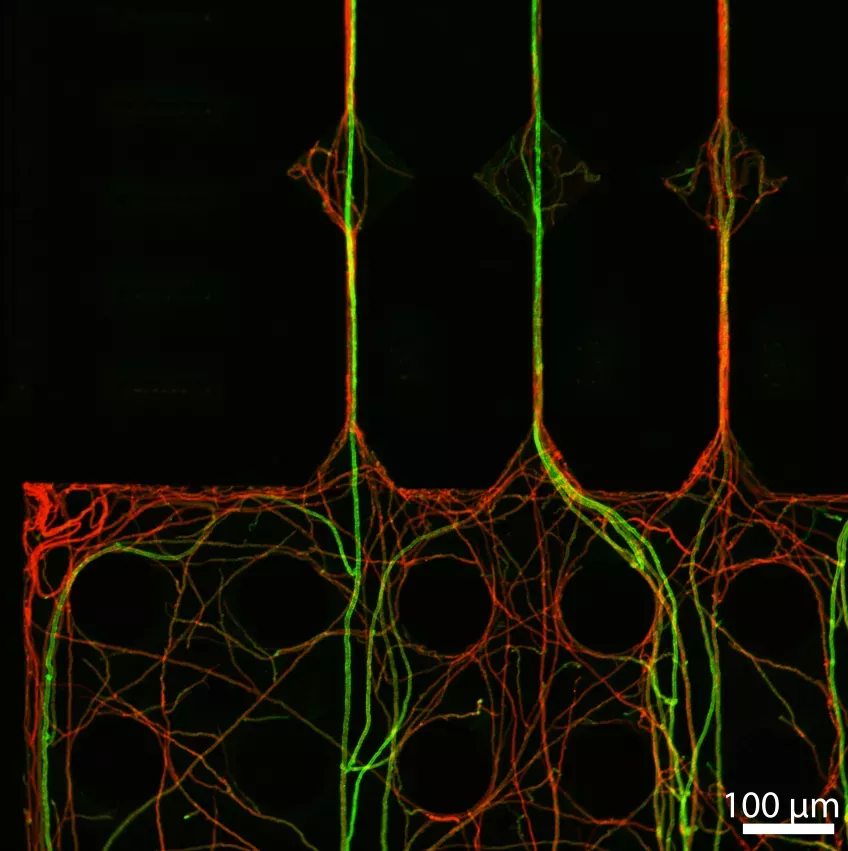Functional Ecology
In Functional Ecology, we aim to understand and address the challenges facing our environment and ecosystems. Our research is within anthropogenic pollutants; aquatic, evolutionary, and microbial ecology; biogeochemistry; and soil ecology. We delve into the intricate effects of pollutants, the dynamics of aquatic systems, evolutionary processes shaping life, the role of microbial diversity in ecosystems, and the critical functions of soil organisms.
Anthropogenic pollutants
The spread of anthropogenic pollutants into the environment exerts strong influences on the integrity of ecosystems by altering both their structure and function. We study the effect of a wide array of pollutants, including nutrients, metals/heavy metals, persistent organic pollutants, micro and nanoplastics and pharmaceuticals in aquatic environments and soils. Research is exploring transport and uptake, evolution of tolerance and effects at the level of individuals, populations, and specific biological processes, as well as behaviour and food web interactions.
More about anthropogenic pollutants in Lund University Research Portal
- Aquatic Ecology (portal.research.lu.se)
- Microbial Biogeochemistry (portal.research.lu.se)
- Microbial Ecology (portal.research.lu.se)
Aquatic ecology
Aquatic ecology is the study of relationships between organisms, and between organisms and their physical and chemical environments, in lakes, running waters, coastal and brackish waters, and the oceans. Under this umbrella, we cover a wide range of research themes, including the underlying processes and consequences of migration (for example seasonal migration of fish and vertical migration of plankton), of chemical communication (for example phytoplankton–zooplankton and piscivore–prey interactions), of phytoplankton biogeography, algal blooms and toxin production, and of adaptation, hybridisation and speciation. Further research areas are the influence of predation, behaviour, harvesting, and the alteration, fragmentation and loss of habitats on aquatic food web interactions. The questions posed can be of fundamental nature, or linked to ecosystem services and management options.
More about aquatic ecology in Lund University Research Portal.
Evolutionary ecology
All species on Earth have an evolutionary history tracing back to the beginnings of life. Many evolutionary mechanisms are still at play today, shaping organisms at all scales of biological organisation. We study a wide range of evolutionary questions in a diverse set of organisms. Current research topics include the evolution of multicellularity in green algae; the drivers of toxic cyanobacterial blooms; the evolution of foraging behaviour and decomposition mechanisms in fungi; the evolution of migratory behaviour and visual performance in fishes; environmental impacts on contemporary evolution in Trinidadian guppies; and the evolution of cooperative breeding in vertebrates.
More about evolutionary ecology in Lund University Research Portal
Microbial ecology and biogeochemistry
The microbial world represents the largest reservoir of biodiversity that also is fundamental to sustaining key ecosystem processes across the breadth of the Earth’s ecosystems. These processes include the global carbon and nutrient cycles and the maintenance of ecosystem productivity. The focus of this research theme is to understand the ecology, diversity and functions of microorganisms in natural ecosystems and engineered systems both in the field and laboratory. The main themes include microbially mediated elemental cycles in and between soil, water and air, and the links between ecosystem functions and microbial structure.
More about microbial ecology and biogeochemistry in Lund University Research Portal
- Aquatic Ecology (portal.research.lu.se)
- Microbial Biogeochemistry (portal.research.lu.se)
- Microbial Ecology (portal.research.lu.se)
Soil ecology
Soil organisms play an important role in all terrestrial ecosystems. We study the diversity of soil organisms, their importance for ecosystem processes, their interactions with plants and how they are affected by different management practices. This knowledge forms the fundamental understanding of how the productivity systems that human civilisation is based on operate, such as agriculture and forestry. This can help us to protect soil biodiversity from the effects of climate and land-use changes. Specific foci include how the physical structure of the habitat affects organisms and processes, interactions between soil fauna and microorganisms, symbiotic relationships between fungi and plants, and aboveground–belowground interactions in soil.
More about soil ecology in Lund University Research Portal
Microbial Biogeochemistry (portal.research.lu.se)
Microbial Ecology (portal.research.lu.se)
Principal investigators
All links go to the Lund University Research Portal
- Kristin Aleklett Kadish
- Olof Berglund
- Christer Brönmark
- Per Carlsson
- Charlie Cornwallis
- Anja Felmy
- Dimitrios Floudas
- Edith Hammer
- Lars-Anders Hansson
- Lettice Hicks
- Kaj Hultén
- Emma Kritzberg
- Francois Maillard
- Sascha Müller
- Anders Nilsson
- Anders Persson
- Olof Regnell
- Karin Rengefors
- Johannes Rousk
- Erik Selander
- Anders Tunlid
- Håkan Wallander
- Hanbang Zou
All research staff in the division of Functional ecology.
Research groups
In Lund University's Research Portal, you will find our research groups in functional ecology.




